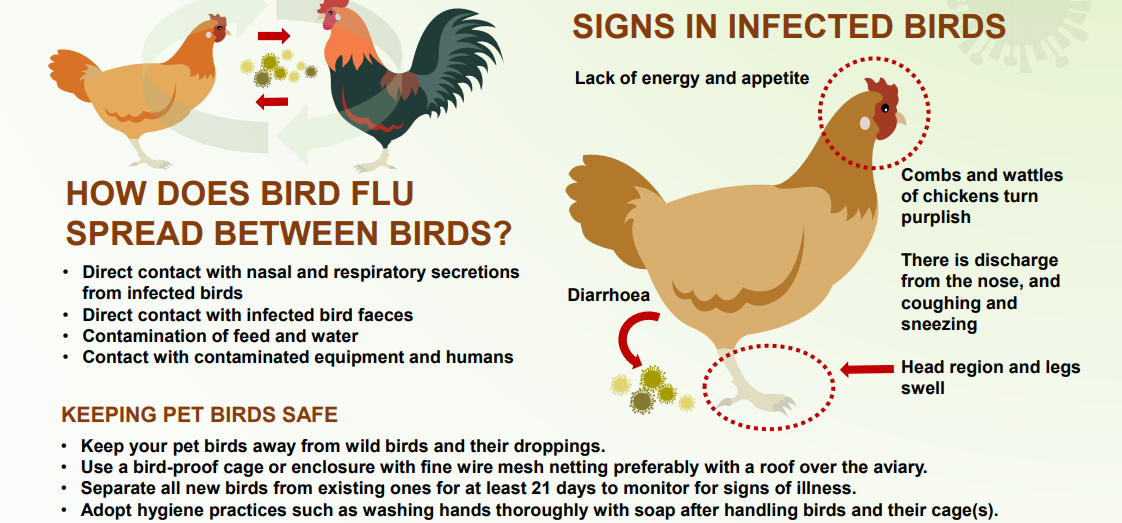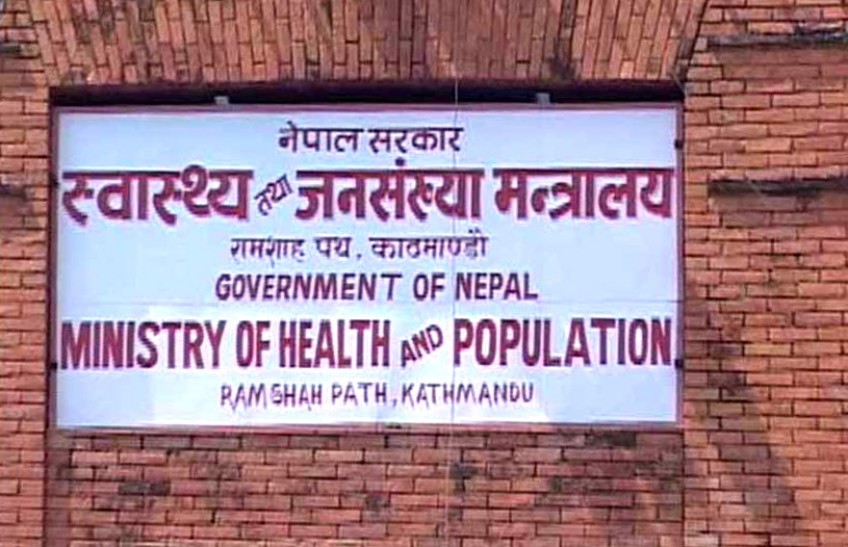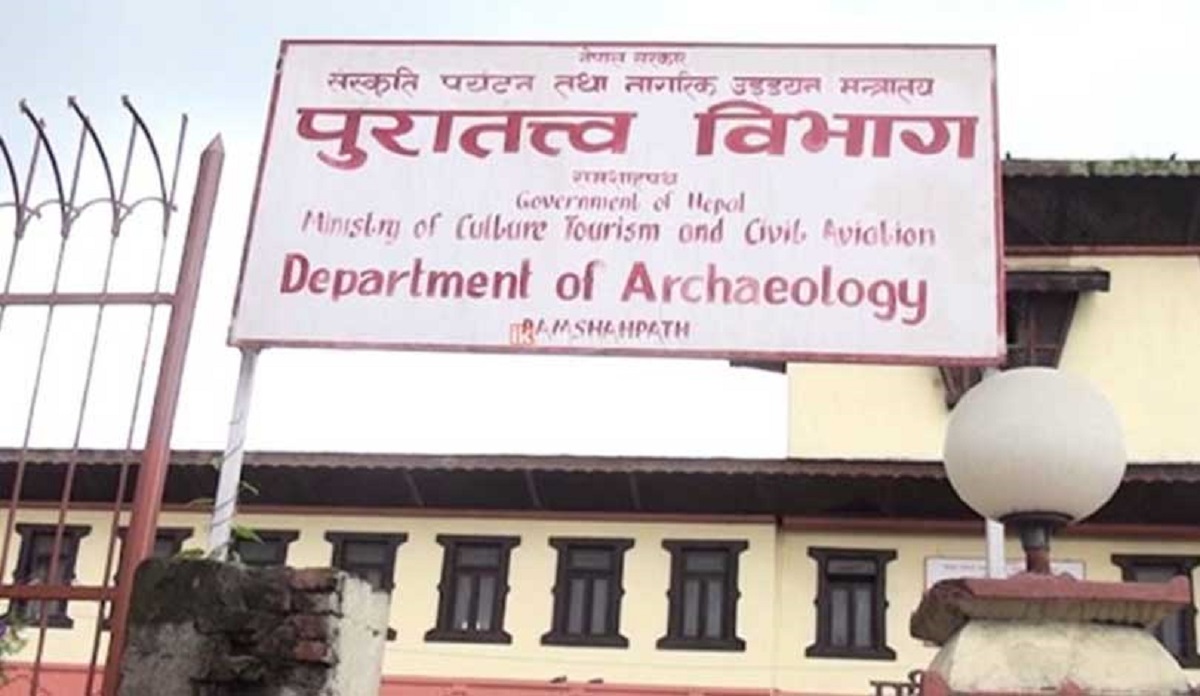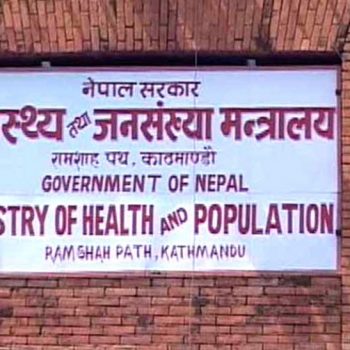Preventive measures
The following preventive measures would reduce the risk of Influenza A (H5N1) Infection:
• Wash hands frequently and properly,
• Take due care of personal hygiene,
• Maintain cleanliness of surroundings,
• Use gloves and masks while handling domestic poultry and other birds,
• Avoid preparing or eating raw or undercooked poultry products,
• Handle raw poultry hygienically and cook all poultry and poultry products (including eggs) thoroughly before eating,
• Keep children away from the dead or sick birds,
• Avoid contact with domestic birds (poultry) that appear ill or have died,
• Avoid contact with high-risk environments such as live/wet poultry/animal markets and poultry farms, and any free-ranging or caged poultry,
• Avoid contact with surfaces that appear to be contaminated with feces from wild or domestic birds,
• Avoid close contact with people with respiratory symptoms (cough, sneezing & cold),
• Travellers returning from areas affected by avian flu outbreak in domestic/wild birds should report to local health services if respiratory symptoms (cough, sneezing & cold) suspecting Avian Influenza.
Do’s & Don’ts for persons experiencing flu-like symptoms (fever, cough, malaise, muscle pain, diarrhea):
• Wash hands regularly with proper drying of the hands,
• Cover mouth and nose when coughing or sneezing. If using tissues, dispose of them correctly,
• Self-isolate early if feeling unwell, feverish, and having other symptoms,
• Visit hospital or Contact doctors immediately, if you experience any flu-like symptoms,
• People with direct contact with sick poultry to be vigilant to notice the occurrence of the illness early and seek treatment early,
• Do not take medicines without doctor’s prescriptions,
• Always use masks, goggles, gloves, gown, and cap when near infected patients and always wash hands with soap and water or use hand sanitizer.
















